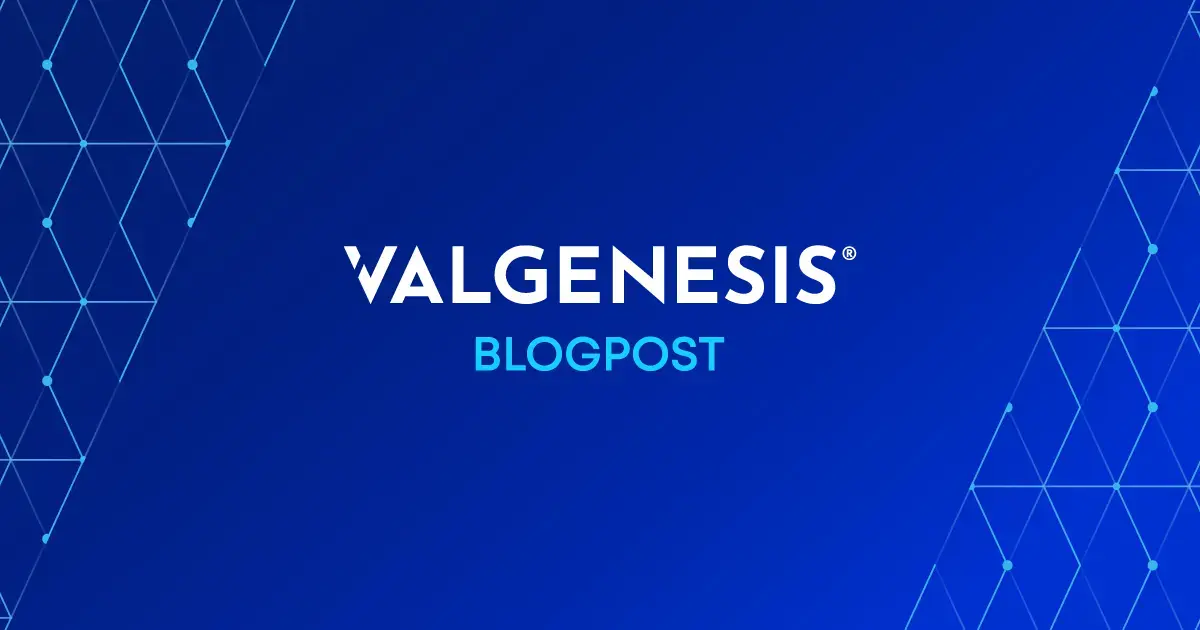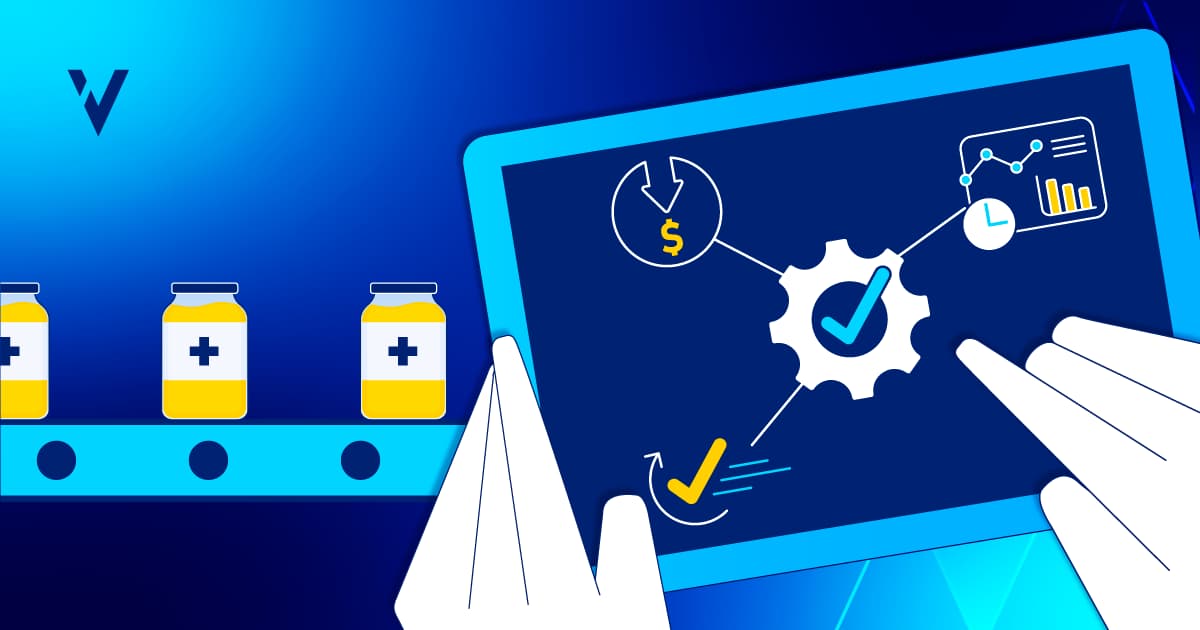
Published on August 17, 2023
Reading time: -- minutes
Last updated on November 4, 2024



In this blog post we'll discover how ValGenesis Consulting successfully collaborated with a customer to implement a comprehensive developability scoring system using Machine Learning (ML).
This project was truly groundbreaking. Not only did it conserve time and resources, but it also significantly accelerated the introduction of new protein drug candidates.
Our client aimed to predict the success likelihood of novel protein drug candidates at early stages—a developability assessment.
By achieving this, they could streamline drug development, reduce development costs and expedite patient access to life-saving medications. Ultimately, this would improve the drug discovery process.
The ValGenesis Consulting Team worked closely with the client engaging in regular technical meetings.
This joint effort led to the development of a tailor-made application.
The first steps of the process consisted of:
By calculating the developability score using normalized variable ranges and attribute weights, ValGenesis consultants developed a knowledge-driven approach for scoring.
ValGenesis consultants harnessed analytical and in silico data, employed dimension reduction and data imputation techniques, and used various statistical and ML models to predict the developability score. This approach allowed for effective predictions based on amino acid sequences and homology models.
Using in silico homology-based models, ValGenesis consultants considered different structural conformations of proteins. This made it possible to evaluate properties such as hydrophobic patch areas, net charge, and radius of gyration.
Additionally, they explored statistical models based on sequence-based descriptors which led to better results. A set of Machine Learning models were tested and tuned to achieve the best performance possible.
The final step was the development of an R Shiny that encompassed the entire analysis process.
Our team tailored the App to the customer's needs. It mimics the project's analysis and allows the user to create custom datasets, select predictors, build new models, and make new predictions.
The most thrilling aspect is its ability to continually enhance predictive accuracy. It has a model lifecycle management workflow to evaluate model performance through time. This is excellent because it ensures the user's autonomy for future analysis for future applications.
ValGenesis' innovative approach pushed the boundaries of science, enabling unbiased ranking of drug candidates and training of ML models. The predictability of development and manufacturing properties in early-stage drug development is now feasible, empowering faster and leaner workflows.
Eager to learn more about this project? Our colleague Daniel Pais will present a comprehensive overview at the 2023 PDA BioManufacturing Conference.
If you have any questions, don't hesitate and reach out to us.

Many medical device companies have struggled with implementing a risk management process that results in risk being mitigated to the level of AFAP.
By Steve Thompson
Read
Learn how implementing digital CPV plans can contribute to continuous processes reaping the benefits of Industry 4.0 and digitalization.
By Daniel Pais
Read
Understand why data integrity problems occur, and learn how to build an effective, risk-based corporate data integrity program to address them.
By Chinmoy Roy
Read